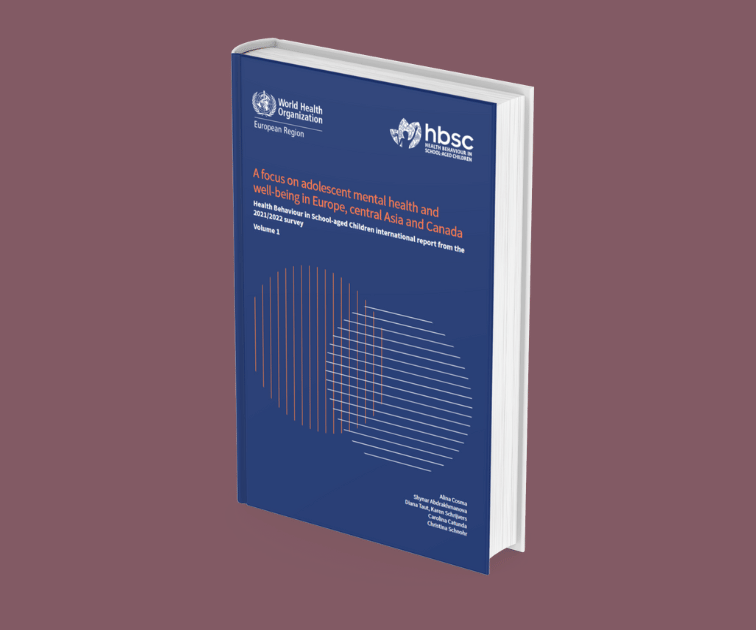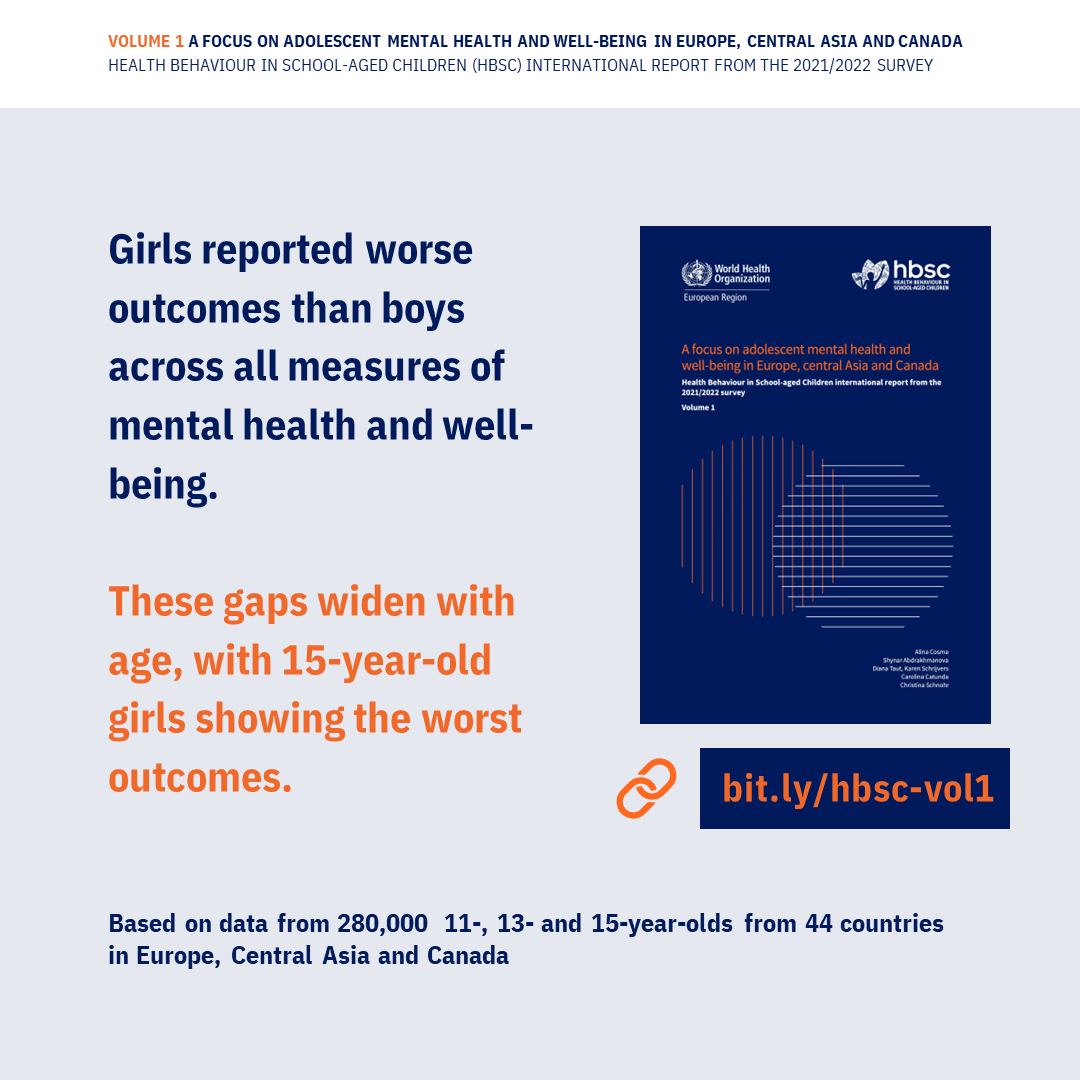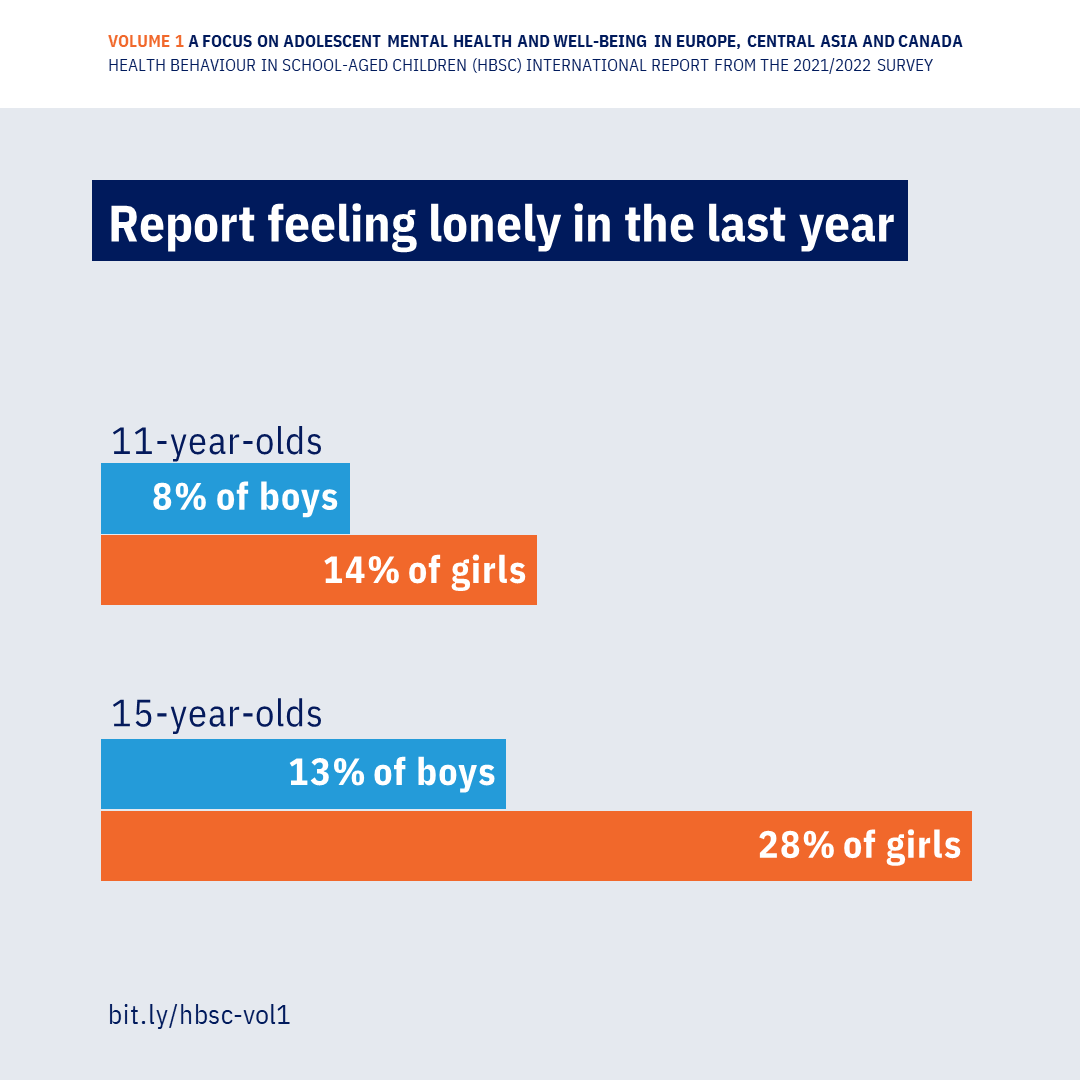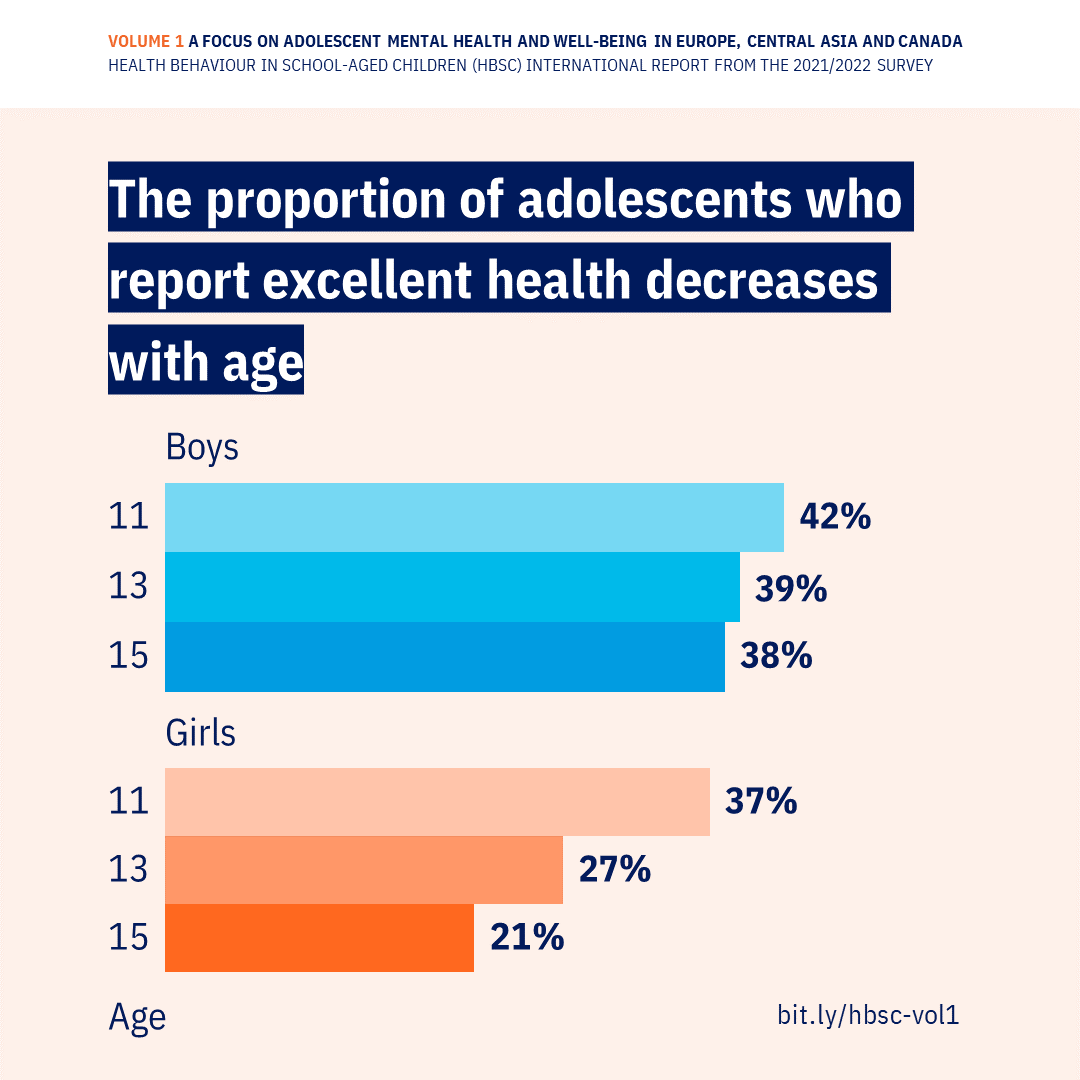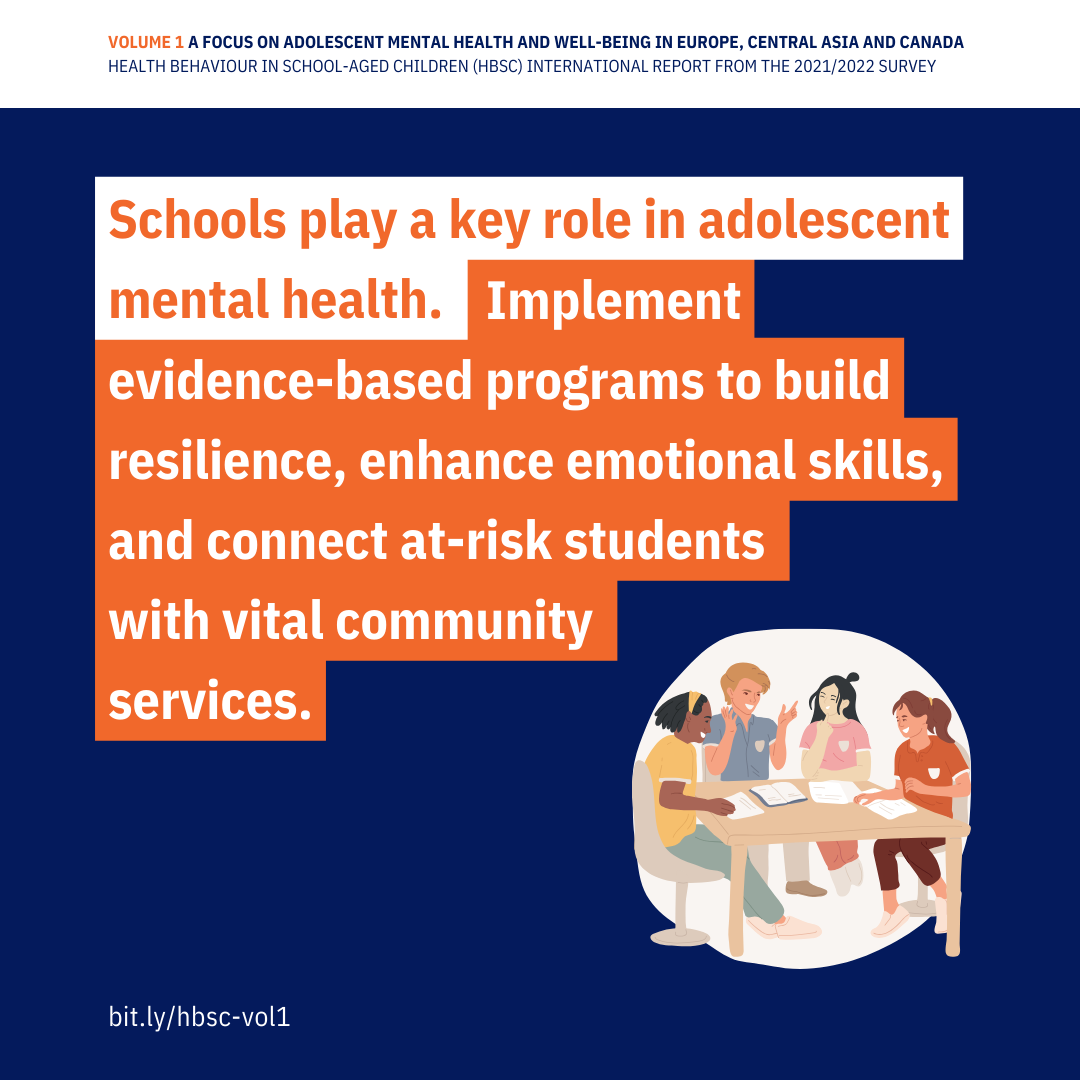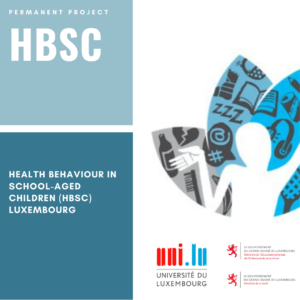Specific data on Luxembourg in the latest WHO report paint a picture of our adolescents’ mental health and it maches up against the larger Europe and Central Asia trend.
Jump to content
World Mental Health Day
Today, as the globe marks World Mental Health Day, the WHO Regional Office for Europe published the latest mental health data from the Health Behaviour in School-aged Children (HBSC) study, revealing a widespread and troubling trend across Europe and Central Asia: a pervasive downturn in the mental well-being of adolescent girls.
Dr. Carolina Catunda, co-author of the report, part of the Center for Childhood and Youth Research at the University of Luxembourg and Co-Principal Investigator of the HBSC project in Luxembourg, commented:
These figures aren’t just numbers. They are a reflection of our society, our schools, our homes.The situation is worrying. This is a call to action – to understand deeper, act swifter, and support better.”
Mental health and well-being of girls is worse than that of boys
Analysing data from the 2021/22 HBSC study, including insights from 280,000 young people across 44 countries, adolescent girls have worse mental health and well-being compared to boys. In Luxembourg, a similar picture is observed. For instance, at age 11, 8% of boys and 14% of girls report feelings of loneliness. Those prevalences double at age 15: 14% of boys and 28% of girls report those feelings.
In addition, adolescents in Luxembourg are among the 15 countries with the highest prevalences of excellent health in all age groups. At age 11, 43% of girls and 47% of boys report an excellent health, compared to 39% of girls and 44% of boys mean of the overall countries.
Furthermore, this report highlights the decline of mental health and well-being from 2018 to 2022. In almost all countries, adolescents, and more particularly girls, report more often multiple health complaints. In Luxembourg, 13 and 15 years old girls are the ones presenting the steeper increase of multiple health complaints from 2018 to 2022.
Schools as places for early intervention
Building on the broader European findings, the emphasis in Luxembourg is also on early interventions, especially within school settings. Schools aren’t just educational hubs, they are central to our adolescents’ well-being. Collaborations between educational institutions, community health centres, and national mental health initiatives are paramount for tangible change.
“The findings offer us a chance to not only compare but also to craft more tailored interventions for our young people, right here in Luxembourg. With the data we now have, it’s clear. Our approach must be multi-faceted, bridging schools, homes, communities, and policy. We have the insights; it’s time for impactful action,” continues Dr. Catunda.
Contact
Dr. Carolina Catunda Co-Principal Investigator der HBSC Luxemburg Studie carolina.catunda@uni.lu www.hbsc.lu
Read the report
Participating countries and regions:
Albania, Armenia, Austria, Belgium, Cyprus, Czechia, Denmark, Estonia, Finland, France, Germany, Greece, Greenland, Hungary, Iceland, Ireland, Italy, Kazakhstan, Kyrgyzstan, Latvia, Lithuania, Luxembourg, Malta, Netherlands, North Macedonia, Norway, Republic of Moldova, Poland, Portugal, Romania, Serbia, Slovakia, Slovenia, Spain, Sweden, Switzerland, Tajikistan, England, Scotland, and Wales (UK)
Download press release
HBSC Luxembourg (2023). Girls fare worse than boys, says WHO Report on Adolescents’ mental health in Europe. Youth-in-luxembourg.lu


